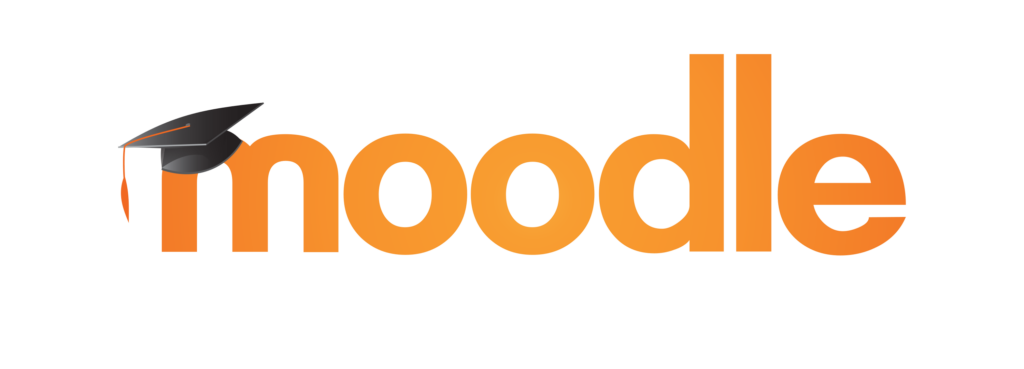Our MOOC
The main objective of this MOOC course is to train educators and adult education volunteers on an innovative methodology to teach ICT and ML competences while promoting critical thinking, in order to tackle disinformation.
On this page, you will have a chance to navigate the contents of the MOOC, which expands on the Dialogic Media Literacy methodology in which professionals will be trained that was both evidence-based and co-created with vulnerable adults, with whom these professionals are and will be working.
The MOOC is structured to cover various aspects of teaching ICT and Media Literacy competences, including:
- Teaching Digital Literacy Skills: Participants will learn how to implement Interactive Groups to effectively teach essential ICT skills such as navigating digital platforms, understanding digital tools, and effectively using the internet for communication and information gathering to their learners.
- Fostering Critical Analysis of Media: The course will equip participants with strategies, Scientific Literacy to teach others how to develop critical thinking skills necessary to analyze and evaluate media content, identify biases, and distinguish between reliable and unreliable sources of information.
- Guiding the Creation and Sharing of Digital Content: Educators will be trained on how to guide learners in creating and disseminating digital content responsibly, promoting accurate information and combating the spread of disinformation. It includes an introduction to Sappho and Adhyayana Platforms to help combat disinformation in topics such as Intercultural Education and Gender Based-Violence.
- Developing Critical Thinking: The course includes content that helps educators teach social inclusion and intercultural understanding, which are crucial in diverse learning environments. Participants of the MOOC will learn how to implement the Successful Educational Action of Dialogic Media Literacy Gatherings step by step.
Through this page you will also have access to the full Introductory Unit which will, not only get you motivated to follow the rest of the course, but will also guide you into how to use our Moodle platform!
The Content Units of the desinfoEND MOOC
The first content unit of the MOOC course is titled “Information Society: European Framework and access to scientific knowledge” and will include the definition and history of Digital Literacy and Media Literacy, the DigComp Framework, and the importance of having access to scientific knowledge as a strategy to combat disinformation.
Linked Competences:
- Teaching Digital Literacy Skills
- Fostering Critical Analysis of Media
- Guiding the Creation and Sharing of Digital Content
- Developing Critical Thinking
The second unit of the MOOC course is titled “Dialogic Learning and Successful Educational Actions (SEAs)” and will include insights regarding Learning communities, Dialogic Learning and the impact of SEAs.
Linked Competences:
- Teaching Digital Literacy Skills
- Fostering Critical Analysis of Media
- Developing Critical Thinking
The third content unit of the MOOC course is titled “Implementation of Interactive Groups and Dialogic Media Literacy Gatherings”. The unit will aim to provide insights on how to use DMLs to promote critical thinking in order to promote the European Union values and combat disinformation. To do that it will include key concepts, methodologies and practical examples on the topic.
Linked Competences:
- Fostering Critical Analysis of Media
- Developing Critical Thinking
The fourth and final unit of the MOOC course is titled “Success Stories from the desinfoEND piloting courses” and includes a run through the experience of following the desinfoEND curriculum, with testimonials, pictures and multimedia from the progress.
Linked Competences:
- Guiding the Creation and Sharing of Digital Content
- Developing Critical Thinking
